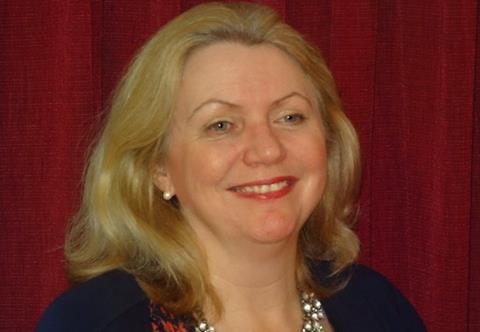
Last year, Jennifer Lawrence wrote a moving open letter about her experiences with pay disparity. She is one of the world’s most bankable movie stars, and she faces the same entrenched sexism that so many women struggle with every day.
But she did more than just point out a well-known injustice. One of the most striking things about her letter is how she felt she “failed as a negotiator” and feared being viewed as “ungrateful” or “spoiled”, in a way that her male co-stars did not.
This is an illustration of one of the most insidious causes of the gender pay gap: unconscious bias. Lawrence recognised that she was self-censoring in fear of failing to meet the, often unstated, expectations of her as a woman, not as an actor.
Let’s be clear, this is absolutely not her problem to solve. It is her employer’s.
Addressing unconscious bias is something every organisation should want to do. It ensures that decision-making is more fair, sustainable and prevents valuable talent from being squandered.
But for individuals, it can be an incredibly emotional and uncomfortable process. Many business leaders balk at the suggestion that they may be, even unknowingly, making biased decisions regarding salary or promotion.
Acknowledgement is the first step, and that is not easy. The next is action, and that’s even harder.
In 2012, ThoughtWorks was dissatisfied with the percentage of female graduates we were recruiting, especially among developers. It was only through challenging long-held assumptions in our hiring process, such as realising that not all brilliant developers start with a computer science degree, that we were able to achieve our goal of an intake with 50% female graduates in 2015.
The lives of Hollywood stars are not comparable to what most of us experience. Lawrence’s letter was a bold and honest act of self-reflection, and helped expose unconscious bias as one of the most elusive and stubborn causes behind pay disparity. It is time for businesses to have the courage to be as honest.
Jackie Kinsey is chief leadership officer at software organisation ThoughtWorks











